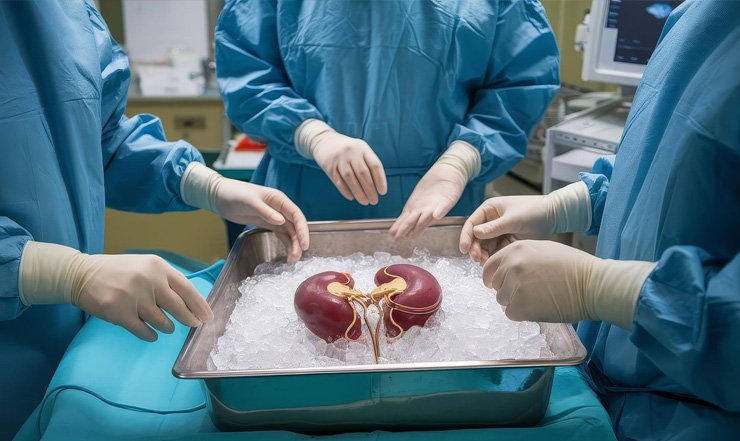Kidney transplant surgery offers a new lease on life for individuals with end-stage renal disease, yet the road to full recovery requires diligent care, medical supervision, and critical lifestyle adjustments. Understanding the recovery process can help patients and their families prepare for what lies ahead and support optimal outcomes.
Immediate Hospital Recovery
Most kidney transplant recipients spend three to seven days in the hospital following surgery. During this time, the medical team focuses on monitoring vital signs, kidney function, and incision healing. Patients may experience soreness and fatigue, but gentle activity such as walking is encouraged to promote circulation and prevent complications.
The newly transplanted kidney often begins functioning soon after surgery, resulting in increased energy and improved well-being. However, some recipients may need temporary dialysis if the organ is slow to respond. Immunosuppressive medications are initiated immediately to reduce the risk of organ rejection, and patients and caregivers receive comprehensive instruction on medication management and wound care.
Early Recovery and At-Home Care
After discharge, the focus shifts to at-home care and follow-up monitoring. For the first month, recipients undergo regular checkupsoften involving two to three clinic visits per week, gradually reducing in frequency over the following months. Blood tests are critical for assessing kidney function, drug levels, and detecting potential rejection or infection.
Patients must vigilantly monitor their fluid intake, urine output, blood pressure, weight, and temperature. Guidance on activity levels is specific: strenuous exercise and heavy lifting are discouraged for six to eight weeks in favor of gentler activities. Maintaining a clean incision site and preventing infections is paramount, as immunosuppressant medications weaken the immune system.
Mid-Term Recovery and Lifestyle Adjustments
During the first six months, recipients progressively resume daily activities and incorporate moderate exercise to rebuild overall fitness. Post-transplant education remains central during this phase; patients learn to recognize warning signs such as fever, pain, or abnormal urine output and understand when urgent medical evaluation is necessary. Eating a balanced diet, hydrating adequately, and avoiding tobacco or excessive alcohol are key lifestyle modifications. Regular handwashing, avoiding large crowds, and limiting close contact with sick individuals are important preventive measures against infection.
Ongoing Long-Term Care
Beyond six months and into the years following transplantation, long-term care focuses on maintaining the health of the transplanted kidney. Regular follow-up visits continue, but at reduced frequency—monthly or biannual, depending on individual progress. Lifelong adherence to immunosuppressive medications is essential, and ongoing education is provided on medication management and side effect recognition.
Access to a supportive healthcare team, including nephrologists, pharmacists, dieticians, and counselors, ensures comprehensive care. Psychological support is often recommended, as post-transplant patients may experience anxiety or depression related to ongoing health concerns.
Successful recovery after a kidney transplant hinges on close medical monitoring, responsible self-care, and strong partnerships between patients and healthcare professionals. By following medical advice, attending regular check-ups, and maintaining a healthy lifestyle, recipients can protect their new kidney and achieve improved longevity and quality of life.

